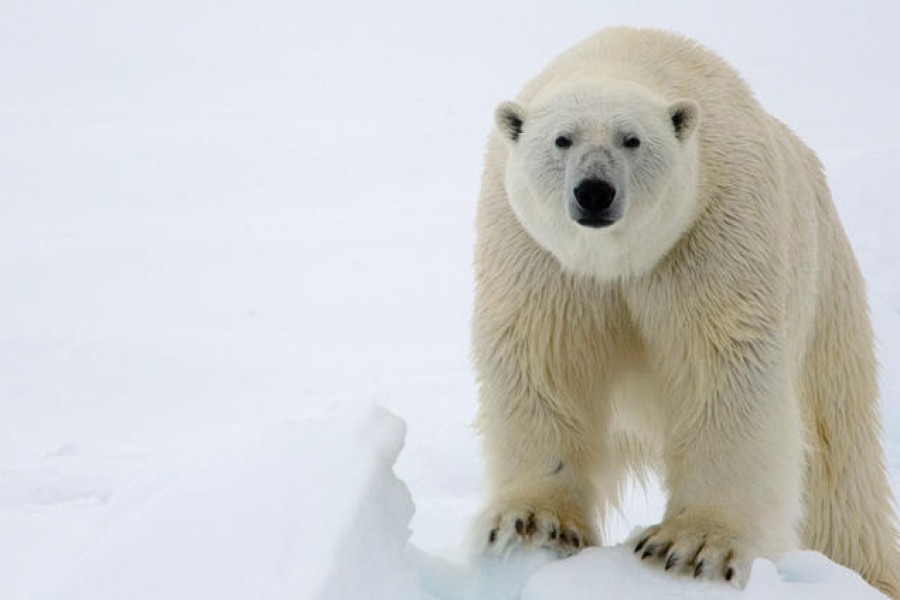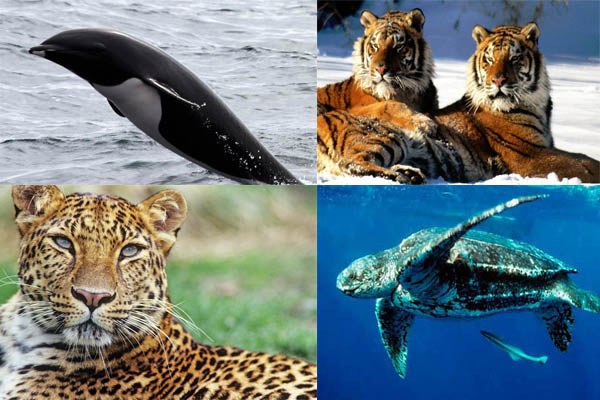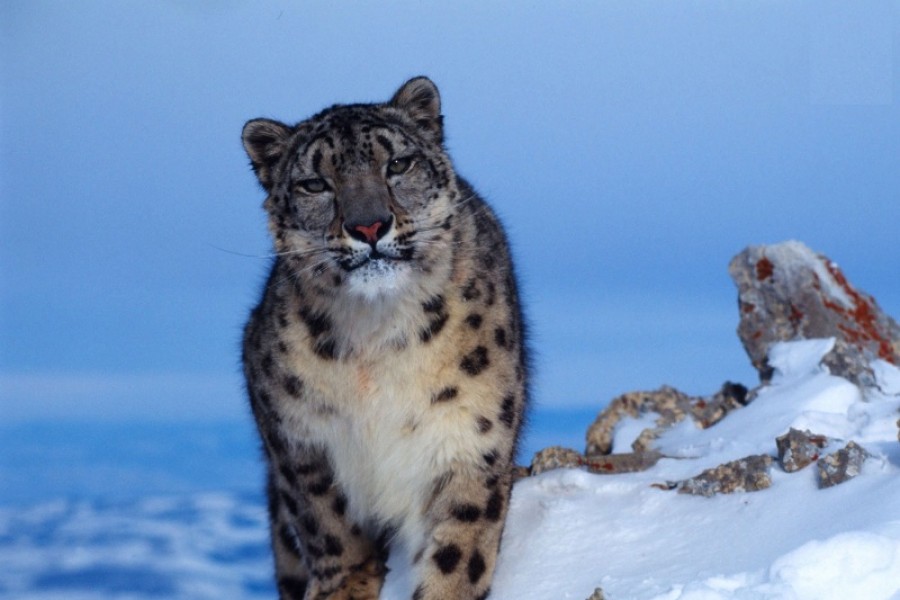
Polar Bear Management and Policy
Post By : Akhil Satheesh
Post Rank : 2466th
Category : Environment
Sub Category : Wild Life
19 Mar 2014
The polar bear’s habitat is melting away, threatening its survival, but we can still save this Arctic icon. By taking immediate steps to reduce greenhouse gas emissions, we can address the root cause of global warming.
We can help the polar bear adapt to, and navigate through, the looming bottleneck of complex threats posed by climate change with the following conservation measures.
Closely monitor polar bear hunting programs and limit the number of licenses issued and reduce or eliminate annual quotas as necessary.
Norway has already banned all polar bear hunting. A Native agreement between the Inupiat (Alaska) and Inuvialuit (Canada) allows an annual harvest of 80 bears in Alaska by Alaskan Native hunters. Canada permits an annual harvest of about 500 bears. In Greenland, where polar bear hunting was poorly regulated in the past, the government began implementing and enforcing quotas in 2006. Russia is working with conservation organizations and communities to reduce poaching and the taking of polar bears due to defense of life and property.
Increase national and international legal protections for polar bears.
A Defenders’ study revealed a consistent trade in polar bear parts and increasing trade of claws and skin pieces. Uplisting the polar bear from CITES Appendix II to Appendix I at the next Conference of the Parties in June 2010 would reduce trade to a level that would not jeopardize the survival of the species. In Canada, the bear should be listed on Schedule 1 of Canada’s Species at Risk Act. In the United States, the polar bear was listed as threatened under the Endangered Species Act in May 2008.
Enforce all existing laws regulating the take, transport or sale of polar bears and polar bear parts.
Current laws reduce market demand overall and consequently limit incentives to overhunt. Special attention should be given to Internet sales of wildlife parts, an outlet that provides an opportunity for the illegal trade in polar bears to continue by reaching people who would otherwise not have easy access to vendors.
Urge the U.S. Congress to pass legislation to implement the “Agreement on the Conservation and Management of the Alaska-Chukotka Polar Bear Population.”
This treaty, signed by the United States and the Russian Federation in October 2000, would provide better estimates and timely updates on the status of polar bear populations in the Bering/Chukchi Seas. It would also require the two countries to take steps necessary to prevent loss or degradation of polar habitats. As climate change becomes more pronounced in the Arctic, retreat of sea ice and thus the area to which the current agreement applies will shrink, thus requiring appropriate modification by the Senate to reflect this northward shift.
Comments
Similar Posts

Birds Need Gravity To Swallow Food
Do You Know ? Birds can't be brought into the ...

Top four endangered species of earth.
We are here discussing about the endangered animal...

20 most dangerous animals in the world
No doubt all of god’s creations are beautifu...

Strange physical ants
Based on studies performed upon seeing the blue an...
.jpg)
Zhangjiajie- National forest park
The Wulingyuan Scenic and Historic Interest Area i...

Snow Leopards Photographed in Uzbekistan
The first-ever pictures of the snow leopard, an en...

Animal Cruelty really a threat?
This article argues that it is important to engage...

Tjikko tree
The old tree in the world is ''Old Tjikko&...

Polar Bear Management and Policy
The polar bear’s habitat is melting away, th...

UNESCO threaten the development of the Great Barrier Reef on the list of endangered heritage
Threatened by the United Nations Educational, Scie...



